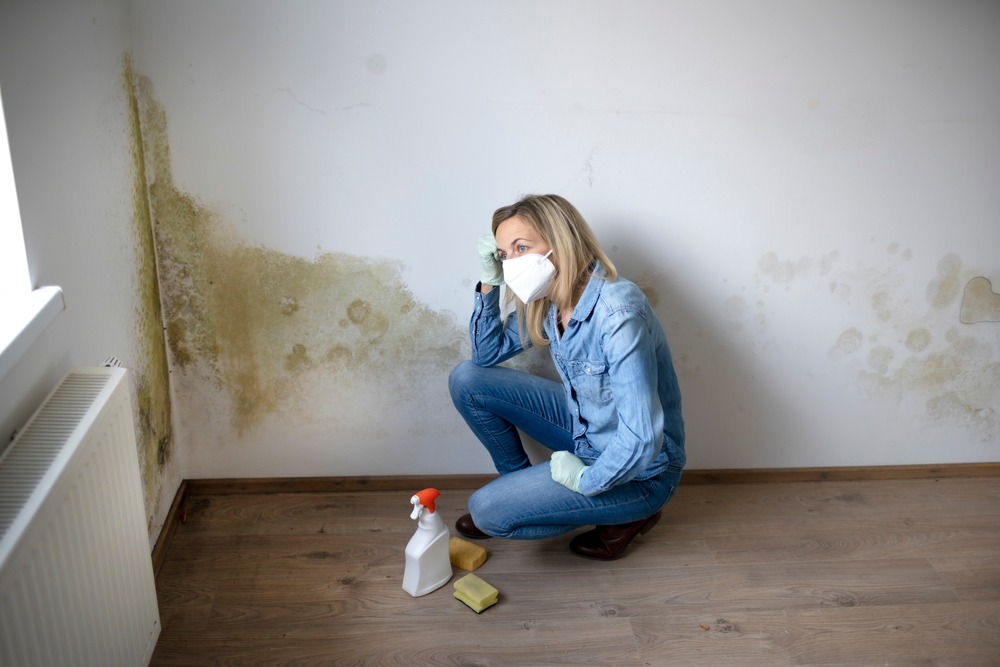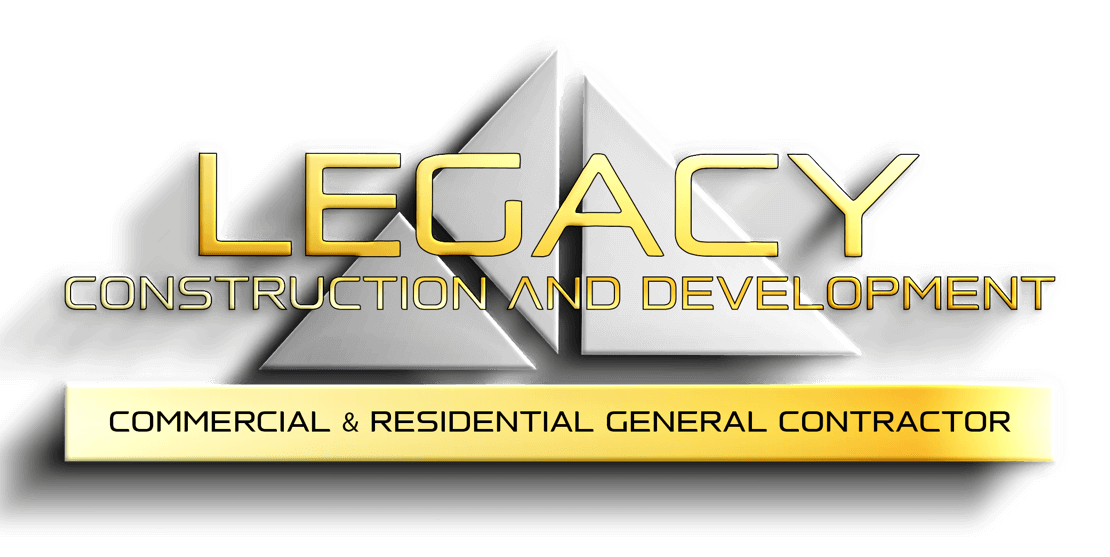Mold can be a silent intruder, affecting the health and comfort of your home without being immediately visible. Detecting mold early is crucial for maintaining a safe living environment and avoiding costly repairs. In this post, we’ll explore the warning signs of mold in your home, the health implications, and why professional help might be necessary for mold remediation in New Orleans.
What Are the Common Signs of Mold?
Mold often begins in damp, poorly ventilated spaces and can spread quickly if not addressed. Here are some telltale signs that mold might be present in your home:
- Persistent Musty Odors
One of the first clues to a mold problem is a persistent, unpleasant smell. Mold produces a distinct, earthy odor, which may be strongest in certain areas, such as basements, bathrooms, or near water-damaged walls. If the smell lingers despite thorough cleaning, it might be time to investigate further. - Visible Mold Growth
Mold can appear in various forms, ranging from black, green, or white specks to slimy patches. While some molds are easy to spot on walls, ceilings, or furniture, others may hide behind wallpaper, under carpets, or inside HVAC systems. - Water Stains and Discoloration
Stains on walls, ceilings, or floors often indicate moisture problems that could lead to mold growth. Discoloration, bubbling paint, or peeling wallpaper are signs that water is trapped inside surfaces, creating the perfect breeding ground for mold. - Health Symptoms in Occupants
If you or your family experience unexplained allergic reactions, respiratory issues, or headaches, mold could be the culprit. Symptoms like sneezing, coughing, itchy eyes, and skin irritation often worsen in the presence of mold, especially for those with pre-existing conditions like asthma.
Where Does Mold Typically Grow?
Mold thrives in areas with high humidity and limited airflow. Common hotspots in your home include:
- Bathrooms and Kitchens: Leaky pipes, wet surfaces, and steam accumulation provide the moisture mold needs.
- Basements and Crawl Spaces: Poor ventilation and damp conditions make these areas particularly vulnerable.
- Attics: Roof leaks and inadequate insulation can lead to mold growth in attics.
- HVAC Systems: Mold spores can circulate through your home if they grow inside air conditioning ducts or filters.
How to Confirm Mold in Your Home
If you suspect mold but aren’t sure, there are steps you can take to confirm its presence:
- Professional Inspection: While DIY mold tests are available, they often provide unreliable results. A professional inspection ensures accurate detection and identifies the type of mold.
- Moisture Detection: Since mold depends on moisture, identifying and addressing leaks or humidity issues is essential. A professional can use specialized equipment to detect hidden moisture sources.

Why You Need Professional Mold Remediation
Attempting to remove mold yourself can be risky. Disturbing mold colonies without proper containment can release spores into the air, worsening the problem and potentially harming your health. For effective and safe removal, it’s best to enlist experts in mold remediation in New Orleans.
Professionals have the training and equipment to:
- Identify the root cause of mold growth.
- Safely remove mold without spreading spores.
- Repair water damage to prevent future issues.
Protect Your Home and Health
Mold in your home is not just an inconvenience—it’s a serious issue that can compromise your family’s health and the structural integrity of your property. If you notice signs of mold, act quickly to address the problem. Whether it’s a persistent odor, visible patches, or unexplained health symptoms, don’t ignore the warning signs.
If you’re in need of expert help, trust Legacy Construction and Development for reliable and thorough mold remediation in New Orleans. Contact us today to schedule an inspection and take the first step toward a healthier, mold-free home.

